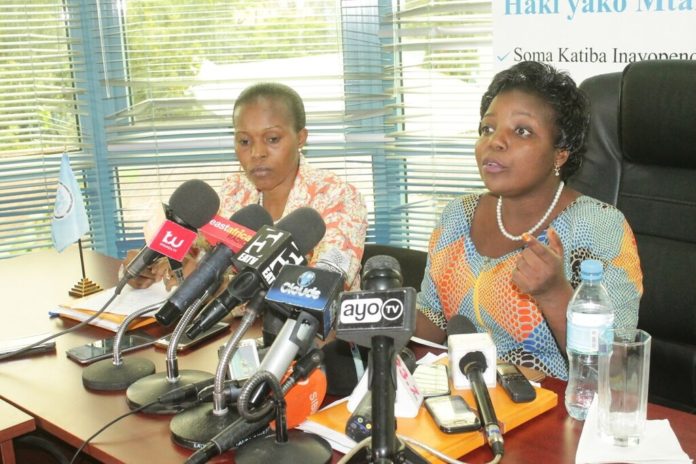Dar es Salaam, June 8 — A controversial bill seeking to protect the sitting president and other top political leaders from prosecution has provoked anger in Tanzania, with campaigners claiming it will create a clique of elites who are above the law, while preventing the people from holding their elected leaders into account.
The new law comes barely a year after the parliament in the East African country passed amendments to legislation that criminalizes political activities by giving government-appointed registrar of political parties sweeping powers to de-register parties and jail anyone engaging in unauthorized civic education, a move that opposition say would pave way for one-party rule.
Tanzania, a country of 57 million people, has long been regarded as a beacon of hope for Africa’s most stable democracies. The ruling party, Chama Cha Mapinduzi has governed since the country’s independence from Britain.
President John Magufuli, 60, who seeks re-election in this year’s polls scheduled to take place in October, this year, is increasingly becoming authoritarian.
His government’s curb on individual freedoms including the right to peaceful assembly, free speech, and detaining critics have drawn fierce criticism from Western donors supporting the country’s development on annual basis.
The Written Laws (Miscellaneous Amendments) (No.3) 2020, presented in the parliament last week and now open for public discussion, among other things seeks to grant presidential immunity despite the presence of a similar law protecting a person with a powerful position against prosecution over offenses committed by that person when their term in office comes to an end.
Article 46 of Tanzania’s constitution states, during the president’s tenure in office, no criminal proceeding against him shall be instituted when he ceases to hold the office of the president.
Sifuni Mchome, Permanent Secretary in the ministry responsible for constitutional and legal affairs said there’s nothing unusual in the proposed bill, currently awaiting parliamentary approval.
The government’s move to provide a legal cloak to those in echelons of power is widely perceived as an attempt to cement the president’s firm grip on power.
Also known as “the Bulldozer” President Magufuli, who became president under the ticket of the ruling Chama Cha Mapinduzi (CCM) party, has introduced tougher reforms in the East African second-largest economy, curbing systemic corruption and public malfeasance as well as introducing free education from primary to tertiary education.
Local human rights campaigners have vented their frustration over the bill, claiming they had been accorded a short time to scrutinize the proposed amendments and air their views.
In a statement to the media, the campaigners stated that the proposed changes contradict tenets of the country’s constitution and trample on the principles of separation of powers, where the government is accountable to the parliament, composed of elected representatives of the people and an independent judiciary that dispenses justice without fear or favor.
“The basic foundation of any democratic society are the three institutions of government: the Legislature, the Judiciary, and the Executive all working independently to hold each other accountable for performance, delivery, and ethics,” campaigners said in a statement.
According to them, the proposed new law will give the president, the country’s Attorney General unwarranted mandate to dictate parliamentary business.
Onesmo Olengurumwa, a renowned human rights lawyer and director leading a nationwide coalition of rights defenders said the proposed amendments will affect people’s rights as spelled out in the constitution while denying them the opportunity to directly hold their leaders accountable through the court of law.
Critics said that the idea that all people are equal under the law is not a relative concept, adding that the proposed change is an attempt to shake the foundation of the country’s constitution that sets a bad precedent.
Dennis Bugumba, a Tanzanian public affairs analyst based in The United Kingdom, criticized the habit of leaving matters of national importance in the hands of the opposition.
“If this bill goes through, it will be all over. And yet, society’s silence on it is eerily deafening, and its indifference sobering.” He wrote on his Facebook page adding “when the opposition is defeated and the bill passes, we then blame the opposition for being incompetent, while lauding our rulers.”

